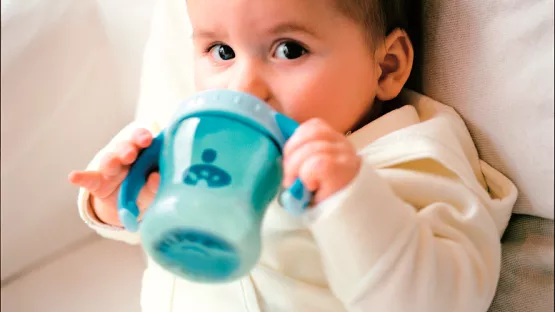4 Reasons Your Baby Isn’t Sleeping Through The Night
If your baby wakes up in the middle of the night, you’re not alone. He.... Más informacion

Bonding with your baby
Your baby's first bath
Tips on bath safety
How to bathe your baby
Changing diapers
Preparing for the change:
Tests and checks
In the first few hours of your baby's life, he will have undergone a series of tests to ensure he is healthy and well.